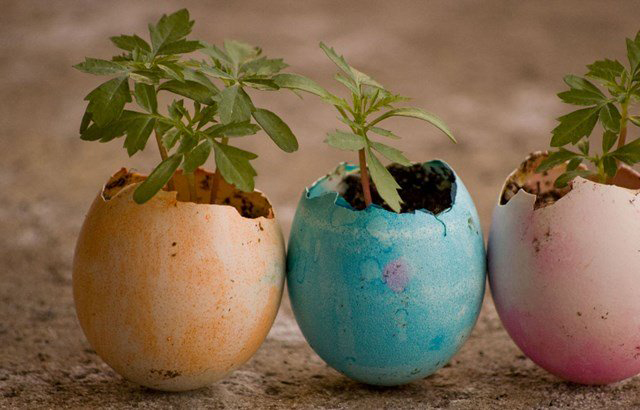“Given everything going on with this pandemic, I have decided to make my Opus, Transforming Change Management: Change or Be Changed — Disrupt or Be Disrupted, which I released in July 2019, free to everyone.”
Download my e-Book for free here: Change-Management-Post-COVID-19.
This pandemic has turned the whole world, inside out, upside down. There’s no going back. Even if we wanted to, we can’t. Just as Thomas Wolfe discovered in his novel, You Can’t Go Home Again. Attempting to relive memories is doomed to failure.
Normal is dead. Maybe it always has been. Or perhaps it should be, now. There is no normal. As Luvvie Ajayi Jones, says, “Normal packed up its bags and left the keys on the kitchen counter.”
Normalizing the abnormal (it’s still abnormal!) is not authentic change nor is not acting, which is a form of action and change in and of itself.
This pandemic is a tipping point for us all. Disruption and opportunity, change and transitions, and the transformations, yet to come, are about metanoia. It’s the recognition, no matter how fatigued we are or become with change, that we need to change the way we are living and working. We’ve been doing so, challenged for a very, very long time, with Agent Smith’s, living in a simulated world. It’s like waking up from a dream world. Our shirking responsibilities and stigmatization based on narrow interests of certain political parties, special interest groups (SIGs), or lobbying in the shadows.
“The world of all appearances, then, is the fabric woven on the loom of perceptions.”
This action is what happens when conflicts like this COVID-19 outbreak cause bubbles to pop. Call out our bubblewrap, similarly to what C. Wright Mills, in his book, The Power Elite, described the style and life of the men and women at the pinnacles of fame and power and fortune in mid-century America.
Ignorance is no longer bliss. Neither is this where the significance of our story lies for us.
Have we had a dream that we’re sure was so real? One we couldn’t wake up from? Or how we haven’t known the difference between dream and reality?
I love what Cullen Murphy tells us, in his Prologue, The Eagle in the Mirror, on the comparisons of the Roman Republic and America’s situation today. Think less about decadence, he says, less about military might, and more about how our two societies view the outside world. Furthermore, he adds, the slow decay of homegrown institutions.
“Think less about the threats of unwelcome barbarians, and more about the healthy functioning of a multi-ethnic society. Think less about the ability of a superpower to influence everything on earth, and more about how everything on earth affects a superpower.”
Transitions, as I speak of in my e-Book, start with an ending. New beginnings — new waves of innovation involve new understanding, new attitudes, and new values.
- They emerge through a release of energy in a new direction and renewed identity.
- They begin when leaders and employees identify what is over and being left behind.
Opportunity and transitions are about learning how to manage these losses.
They are more about the inner psychological processes leaders and employees are going through to adapt to change.
Waking up from a dream, or to the realities of this pandemic, are about metanoia. This recognition brings with it, Rupert Sheldrake, says, a spirit of repentance.
Seeing in a new way.
A change of heart.
This conversion, adds Rupert Sheldrake, is intensified by the sense that the end of an age is at hand.
I’ll leave you with this to consider. As the historian and columnist Chalmers Johnson, frame it.
“Roman imperial sorrows mounted up over hundreds of years. Ours are [is] likely to arrive with the speed of FedEx.”

. . . . . . . . . . . . . . . . . . . . . . . . . .
Originally published at https://www.insightswb.com on April 27, 2020.


